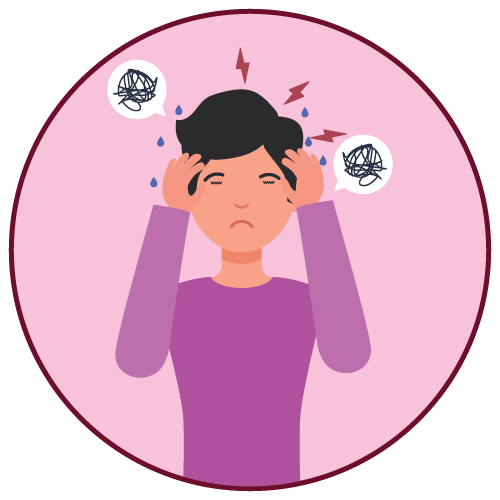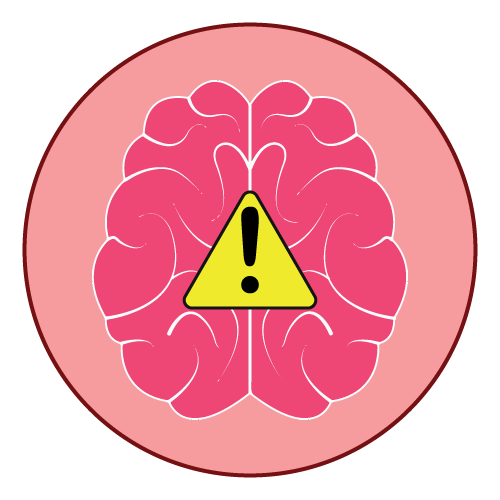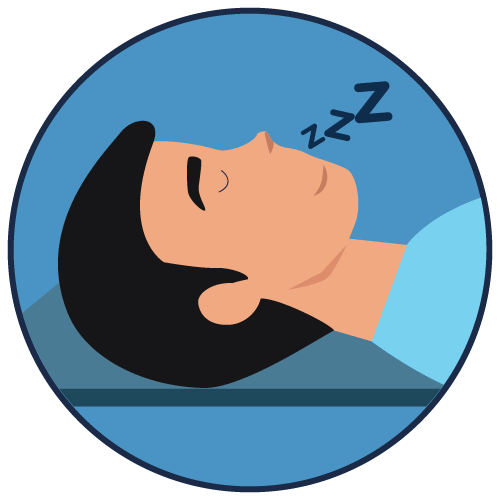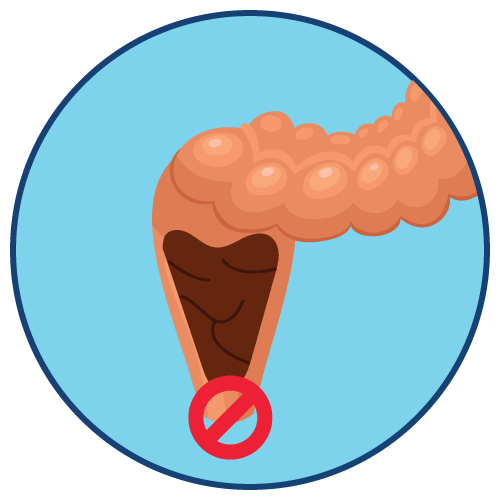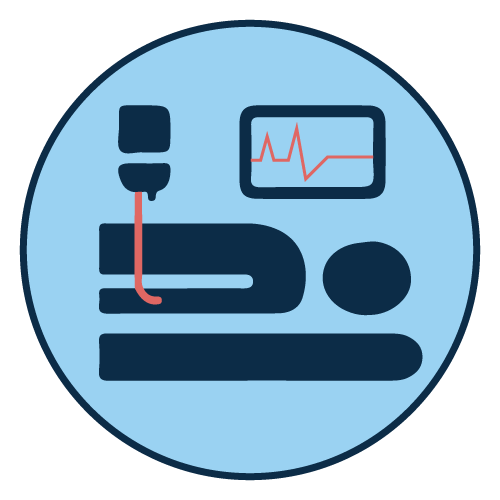| Name | Dimethothiazine Mesylate |
| Classes |
Central Nervous System Agent Muscle Relaxant Serotonin Inhibitor |
| Diseases |
Dimethothiazine Mesylate
Dimethothiazine Mesylate belongs to the class of phenothiazine antipsychotic drugs. The precise mechanism of action of dimethothiazine mesylate is not fully understood, but it is believed to exert its antipsychotic effects by blocking dopamine receptors in the brain, particularly in the mesolimbic pathway. This results in a reduction of dopamine-mediated neurotransmission, contributing to the drug's therapeutic effects in the management of psychiatric conditions.
Dimethothiazine Mesylate is indicated for the management of various psychiatric disorders, including schizophrenia and other psychotic conditions. It may also be used in the treatment of severe behavioral disturbances in selected pediatric patients.
The dosage of Dimethothiazine Mesylate is individualized based on the patient's age, weight, and the specific psychiatric condition being treated.
Common side effects associated with Dimethothiazine Mesylate include-
- Sedation
- Dry mouth
- Constipation
- Weight gain
Neuroleptic Malignant Syndrome (NMS):
- Dimethothiazine Mesylate may cause NMS, a potentially life-threatening condition characterized by hyperthermia, autonomic dysregulation, altered mental status, and generalized muscle rigidity.
Extrapyramidal Symptoms (EPS):
- Monitor for EPS, which may manifest as tremors, rigidity, and bradykinesia.
- Use with caution in patients with a history of EPS.
QT Interval Prolongation:
- Dimethothiazine Mesylate may prolong the QT interval, increasing the risk of arrhythmias.
- Avoid use in patients with known QT prolongation.
Hematological Effects:
- Regular monitoring of blood counts is recommended due to the potential for blood dyscrasias.
Contraindication
Dimethothiazine Mesylate is contraindicated in the following situations:
- Known hypersensitivity to the drug or other phenothiazines such as
- Concurrent use of large amounts of CNS depressants, including alcohol.
None known.
Dimethothiazine Mesylate is contraindicated in the following situations:
- Coma or severe central nervous system depression.
- Patients with known or suspected subcortical brain damage.
 Bangla
Bangla English
English